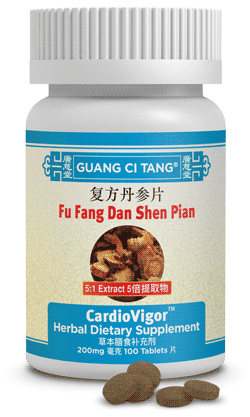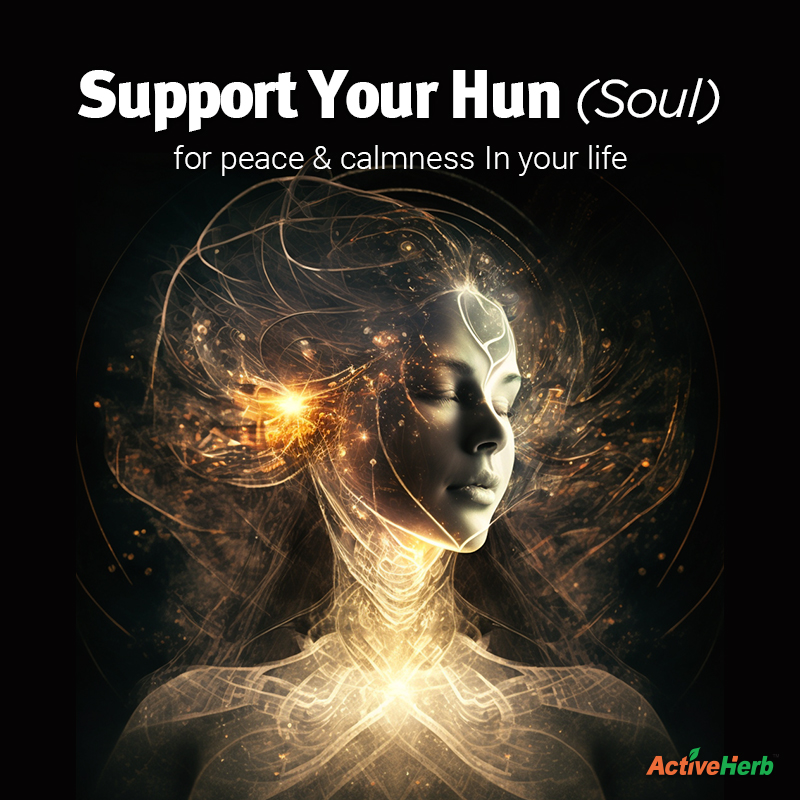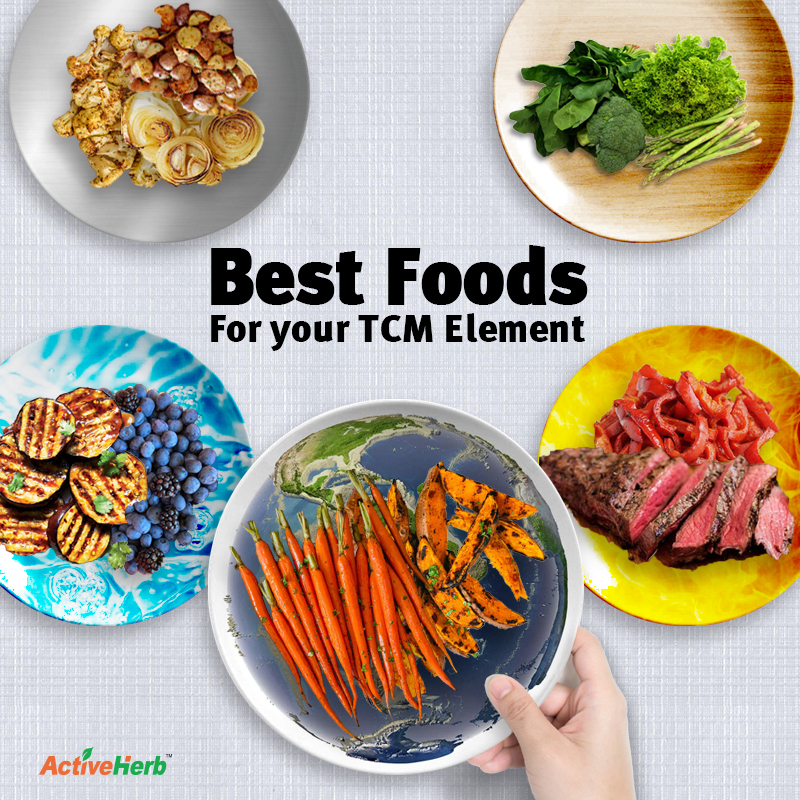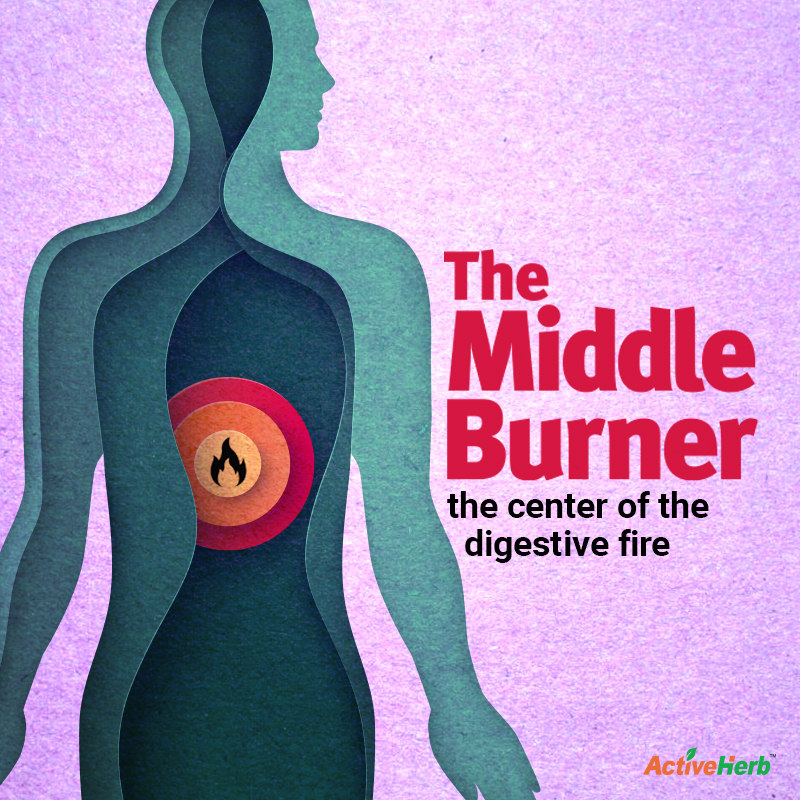Get to the Heart of the Matter

“Let my soul smile through my heart and my heart smile through my eyes, that I may scatter rich smiles in sad hearts.”
The quote above is attributed to Paramahansa Yogananda, founder of the Self-Realization Fellowship, a quasi-religious organization, created to bridge the gap between Eastern and Western traditions.
You could say that the quote by Yogananda (known by his devotees as “master”), sums up the role the Heart organ plays in traditional Chinese medicine. Far more than a hard-working muscle that pumps blood throughout the body, the Heart, in TCM, is, like Yogananda, a master. It rules all the other organs, and is the seat of your spirit, consciousness, vitality, and dictates the strength of your will to live.
Affairs of the Heart: It’s Not Just Physical
Without doubt, lifestyle factors such as smoking, excessive alcohol consumption, poor diet and lack of exercise contribute greatly to the over 600,000 heart disease deaths a year.
But perhaps heart disease isn’t merely a physiological problem. With more people than ever before lacking meaningful, fulfilling social relationships and suffering from anxiety and depression, heart conditions could also be caused by mental and emotional trauma.
And according to TCM theory, the Heart plays a vital role in mental and emotional balance.
In fact, in TCM, the role of the Heart in acting as a pump, it could be argued, isn’t of prime importance. Of course, if the heart stops beating, death occurs. But Heart’s function in TCM isn’t singular, as it seems to be in Western medicine.
Shen: The Spiritual Life Force Guided By The Heart
Centuries ago, TCM experts were well aware of the heart’s physiological role in pumping blood. However, ancient healers focused more on the organ’s role in spiritual wellness. While in the west, “spirit” is easy to define, more or less being related to the soul or non-physical part of a person, in Chinese medicine, the concept of spirit, or “shen” is a bit more esoteric.
Shen is said to live in the Heart. (Indeed, as Yogananda stated, in TCM, the soul “shines” through the heart.) In the west, it’s implied that a healthy heart is free of circulation obstruction and blockages. But in TCM, a healthy Heart is associated with positive mental outlook, vim and vigor, and a feeling of being in tune with the divine.
With a balanced Heart organ system comes attaining wisdom, thinking with level-headedness, and making decisions based on high moral standards.
As for the portion of the quote when Yogananda says, “Let … my heart smile through my eyes,” this too applies to Eastern healing philosophy. That’s because according to TCM theory, a person’s shen is noticeably balanced when the eyes appear bright and shining, i.e. full of vitality.
Interestingly, in Western medicine, the eyes are also a mirror to heart health. In fact, opthamologists can assess the arrangement of blood vessels at the back of the eye to determine if there are problems with heart function, such as high blood pressure.

Symptoms of Heart Organ Imbalance
A bad night’s sleep every once in a while is par for the course with our modern, hectic lifestyles. However, if you’re tossing and turning every night, getting poor-quality sleep, this is a sign that your heart system is imbalanced.
If you’re feeling foggy-brained and you’re sweating even though you’re not exercising and it’s not particularly hot, these signs can also be indicative of Heart dysfunction.
A quick way to see if you have excess heat in your Heart is to take a look at the tip of your tongue in a mirror. If it’s bright red, there’s a good chance you’re lacking cooling Yin energy. On the flip side, if you’re frequently cold and your skin appears pale, your Heart system is imbalanced because it is deficient in Yang energy.
It may seem obvious that relationship troubles can also cause Heart imbalance. After all, they don’t call it a broken heart for no reason. However, Western medicine attributes emotional turmoil to the brain, not the heart. The brain tells the heart to speed up to deal with stress. But modern science also confirms that heartache is a real thing. Broken heart syndrome, aka “stress-induced cardiomyopathy” or takotsubo cardiomyopathy, can actually cause chest pain.
Whether you believe the seat of emotions is the heart or brain, in any case, negative emotions, according to TCM theory, can in fact hurt the Heart. (Lowercase “heart” is the Western organ; when capitalized, it denotes the TCM organ system.)
Easy Ways To Attain A Healthy Heart (And Mind and Spirit)
Obviously, making lifestyle adjustments such as meditating and spending time in nature can do wonders for your shen. However, some of us have such demanding jobs and responsibilities that it often seems impossible to live a balanced life.
Thankfully, there are herbal formulas you can take to nourish your shen and keep your Heart system balanced. Remember: the Heart governs all your other organs. So if your Heart is out of balance, there’s a good chance some of your other organs will not be working optimally as well.
Our Guang Ci Tang formula, Heart Vigor, may help make you feel more calm and support sleep by replenishing Blood and cooling, Yin energy.
CircuFine resolves the problem of Yang deficiency, characterized by limbs, lips or nails with a blue/purple tint; it supports the cardiovascular system.
For a more complex cardiovascular support formula, learn more about CardioVigor.







